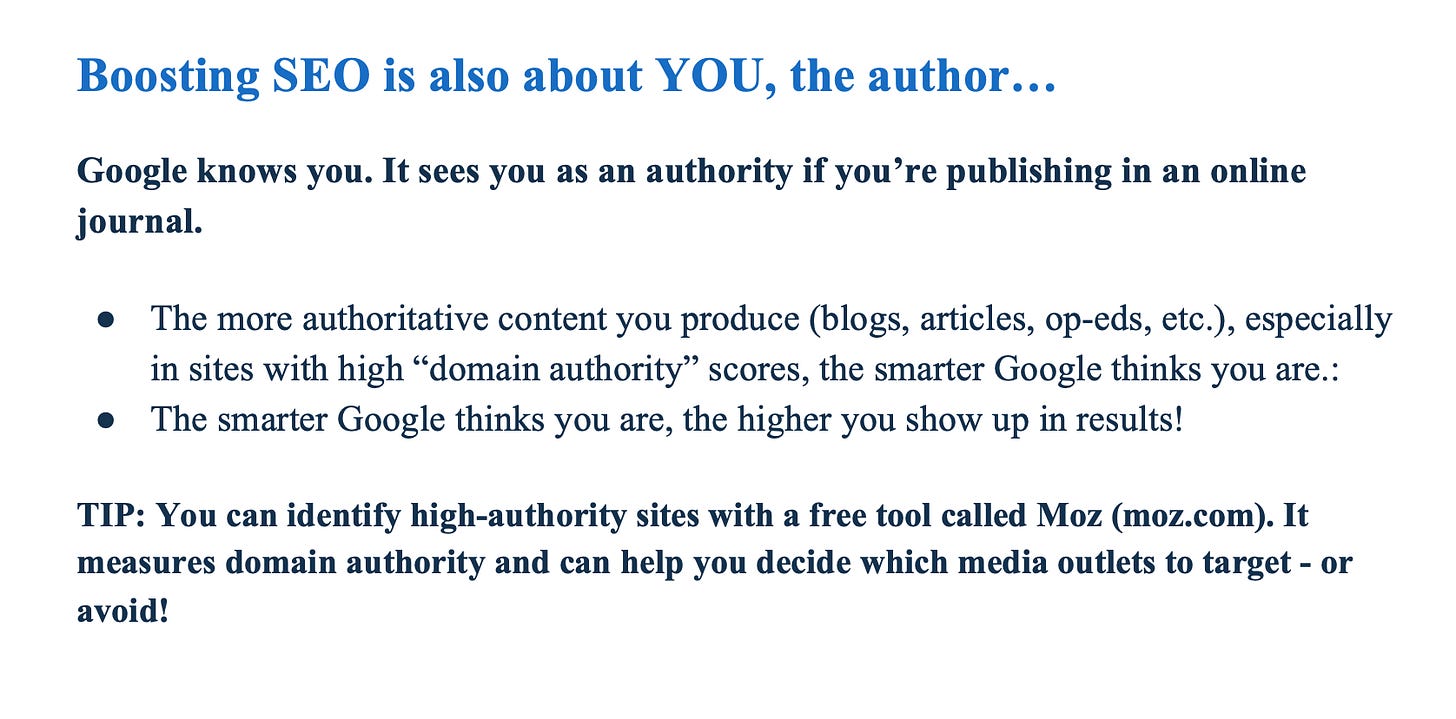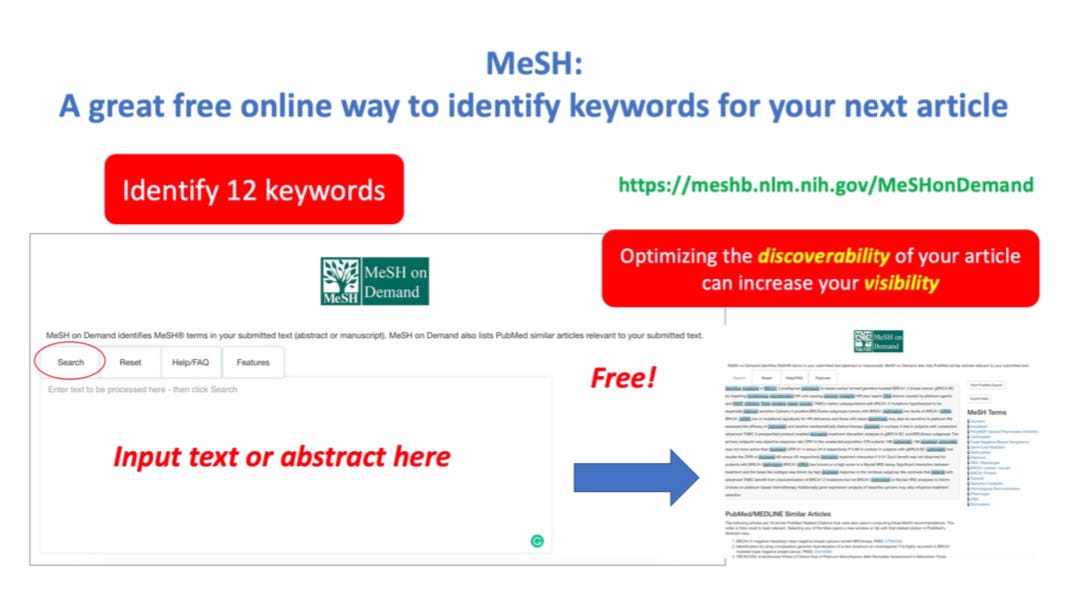You've got the KEY 🗝️, I've got the SECRET 🤐 : Unlocking your article KEYWORDS ....
One of common areas of confusion amongst authors is around the issue of journal Keywords. What are these? Why are they important? What are they for? This article explains more ....
In the context of an academic article, KEYWORDS are specific words or phrases that succinctly describe the main topics or themes addressed in the paper.
These keywords are essential for indexing and retrieving articles in databases. When authors submit their manuscripts for publication, they are often required to provide a list of keywords to help readers, researchers, and database systems identify the content of the article quickly and accurately.

Choosing appropriate keywords is crucial because they enhance the visibility of the article. Researchers and scholars often use these keywords to search for relevant articles on specific topics. Therefore, selecting relevant and widely used keywords related to the subject matter of the article is important for reaching the intended audience and increasing the chances of the article being cited and referenced by other researchers.
For example, if your academic article discusses the impact of climate change on marine ecosystems, potential keywords could include "climate change," "marine ecosystems," "environmental degradation," "biodiversity loss," and so on. These keywords provide a clear indication of the article's content and facilitate its discoverability by other researchers interested in similar topics.
Entering KEYWORDS when making submissions
You’ll be ask to add a number (usually between four and eight) of Keywords to the top of your paper after the Abstract and then enter them into the journal online system when making a submission.
Sadly, many authors enter these words in a rush and don’t really think about them in any detail. This is a shame because Keywords are very important for article discoverability. In short, if you want your article to be widely read and easily discoverable then Keywords are “key” for SEO, search engine optimization.
QUESTION: What’s SEO?
Online databases use algorithms to find the most relevant articles based on input keywords. Other researchers searching for work in your field will use these databases all the time, we all do (i.e., Scopus, Web of Science, PubMed, etc). Thus, optimizing the discoverability of your article increases your visibility.
Considering the words you include as Keywords is important. One way to approach this is to look at the words used in other, recent, similar international articles and also to make a list of the ones you’d use. Then search for these words in Web of Science (or similar): We are aiming for words that get a good number of hit but not too many (e.g., using “blood” as a Keyword will generate millions of hits, but will be no good for the discoverability of your article. Similarly, using a very specific term as a Keyword is also no good: Such words will receive handfuls of hits in database searches as few other researchers are likely to use them, or worse understand them.
A great resource for KEYWORDS is the MeSH on demand database
This database is curated by the National Institutes of Health. Here you can enter, paste in the Abstract from your paper and the system will give you a number of useful Keyword suggestions. On this basis you can identify a larger number of keywords as a start (e.g., 12), test them in the MeSH database and then discard some to settle on a smaller number to use in the Title and Keywords of your next paper. Don’t forget that search engines use the Title, Keywords, and Abstract to tag and identify research articles so you don’t want to duplicate words between your Title and Keywords. This is an important point.
Working in the sciences, especially medicine, biological sciences, or agriculture? It’s well worth knowing about the Medical Subject Headings (MeSH) database. This is the National Library of Medicine's controlled vocabulary thesaurus, used for indexing articles for the MEDLINE®/PubMED® database. Each article citation is associated with a set of MeSH terms that describe the content of the citation. You can go to the link below, paste in the abstract of your next paper, and the system will give you keyword suggestions which you can then use for your submission. Ensure your articles are highly discoverable for other researchers!











